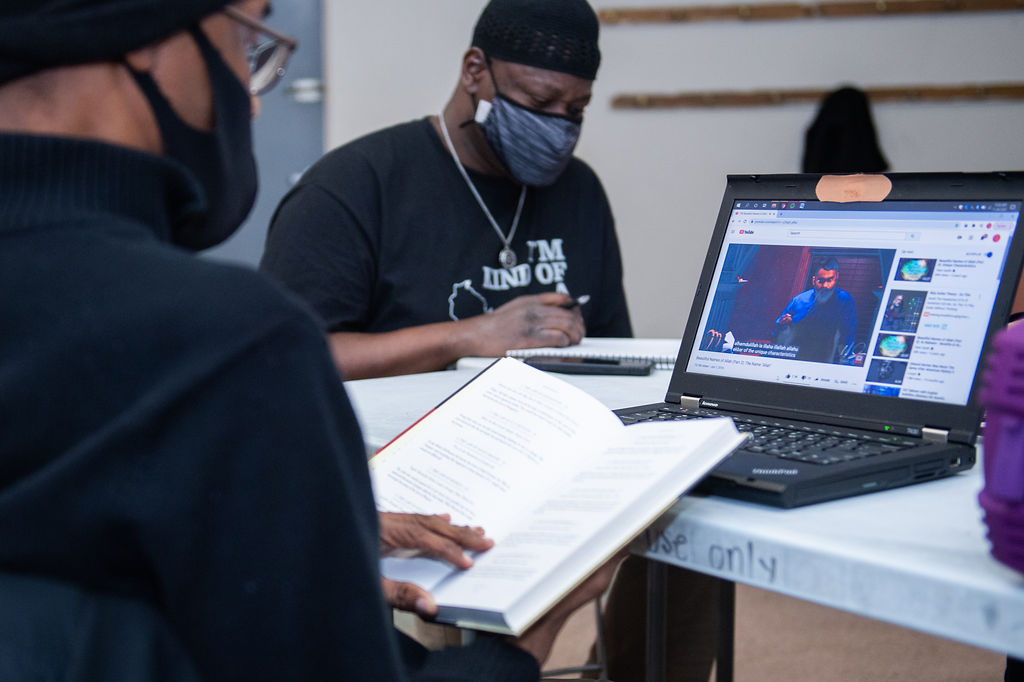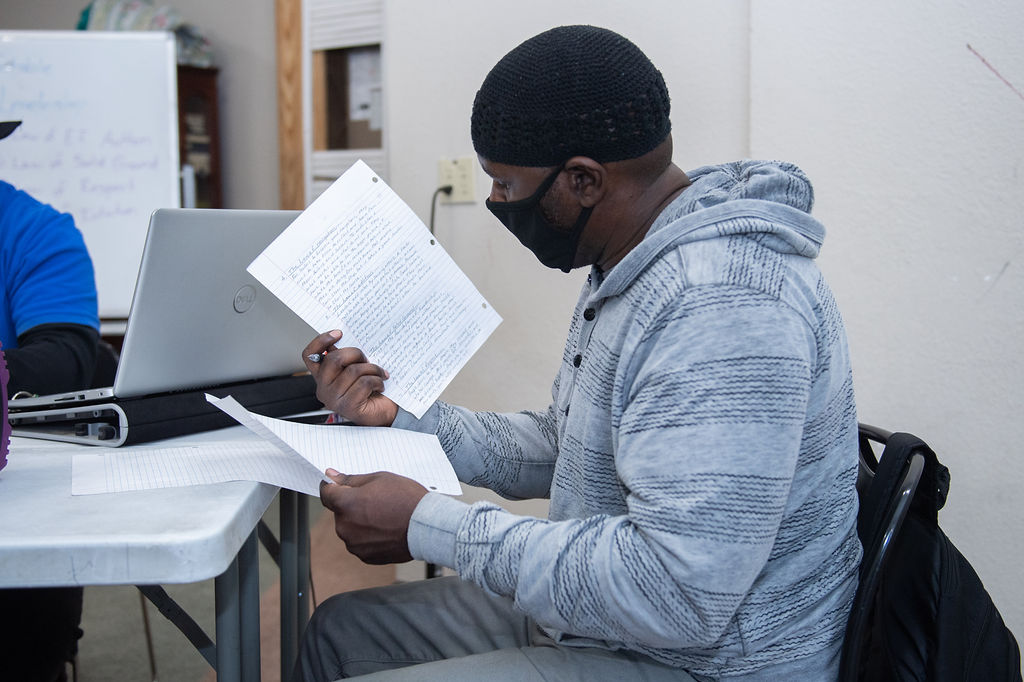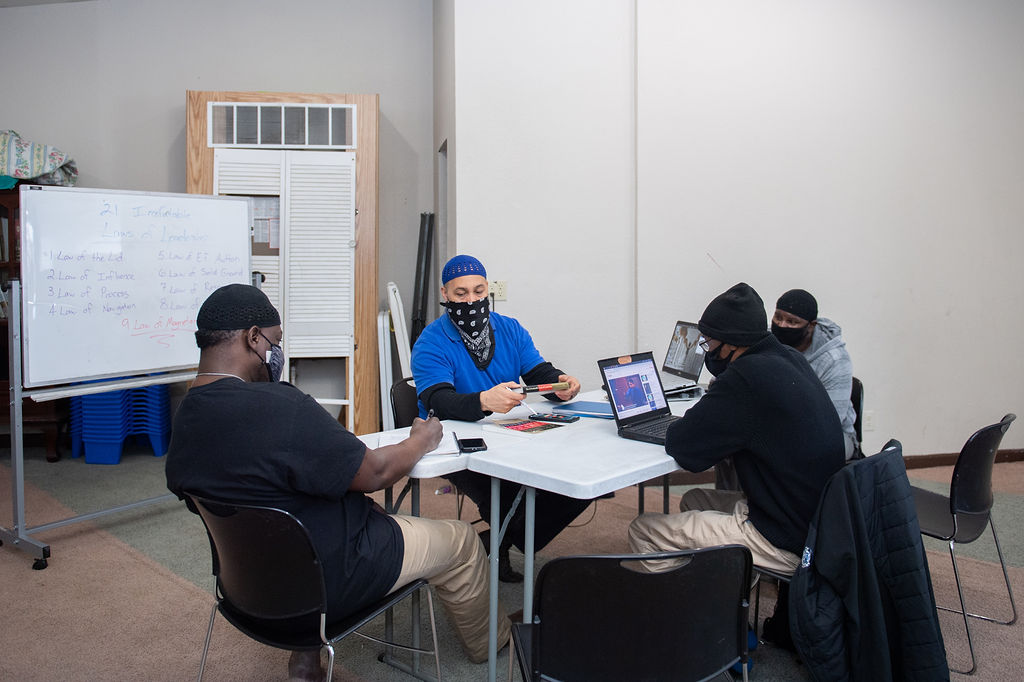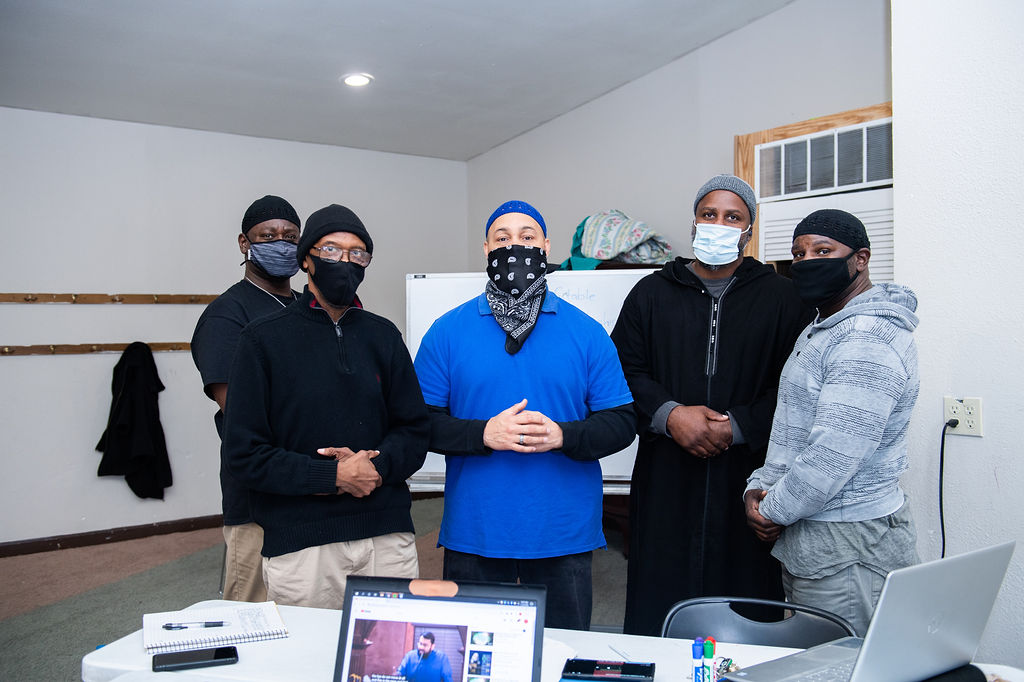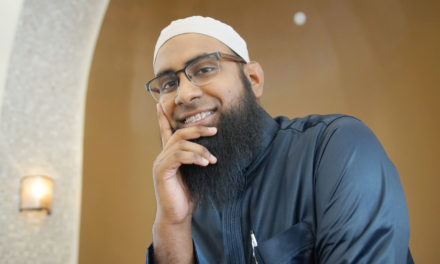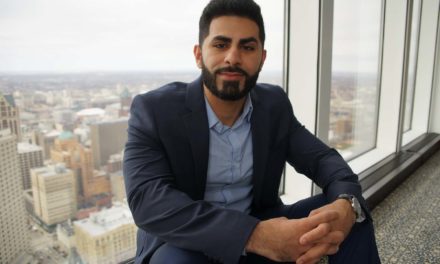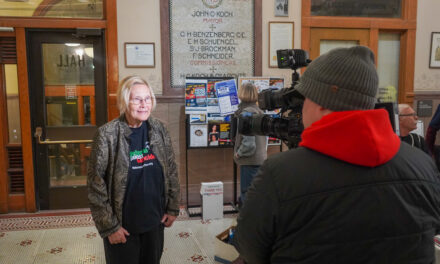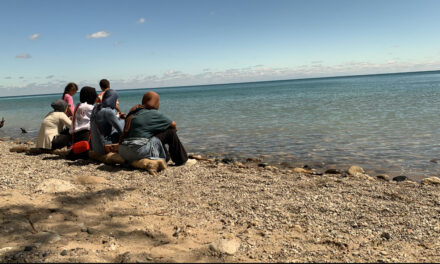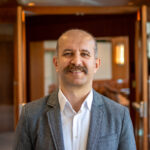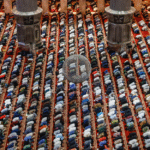Photo
Mouna Photography
A short walk from the Islamic Dawah Center at 5135 N. Teutonia Ave. is a 4-unit apartment building housing one of the few programs of its kind. The Ibrahim House Reentry Program for those newly released by the Wisconsin Department of Corrections is an element of the Center’s work with Muslim inmates that goes back to its earliest days in the community. And it is among only a handful of such programs for Muslims in the U.S.
The Dawah Center was established in a foreclosed strip mall in 1989. Since then, it has become a thriving hub for the Milwaukee’s Muslim Community. Its work with prisoners has been going on “for decades” according to Brother Will Perry, Dawah Center’s executive director.
According to the latest statistics released by Wisconsin’s DOC, the inmate population in Wisconsin totals 20,610. Of those, 15%, or approximately 3,000 men and women, are Muslim. The vast majority (13%) are male.
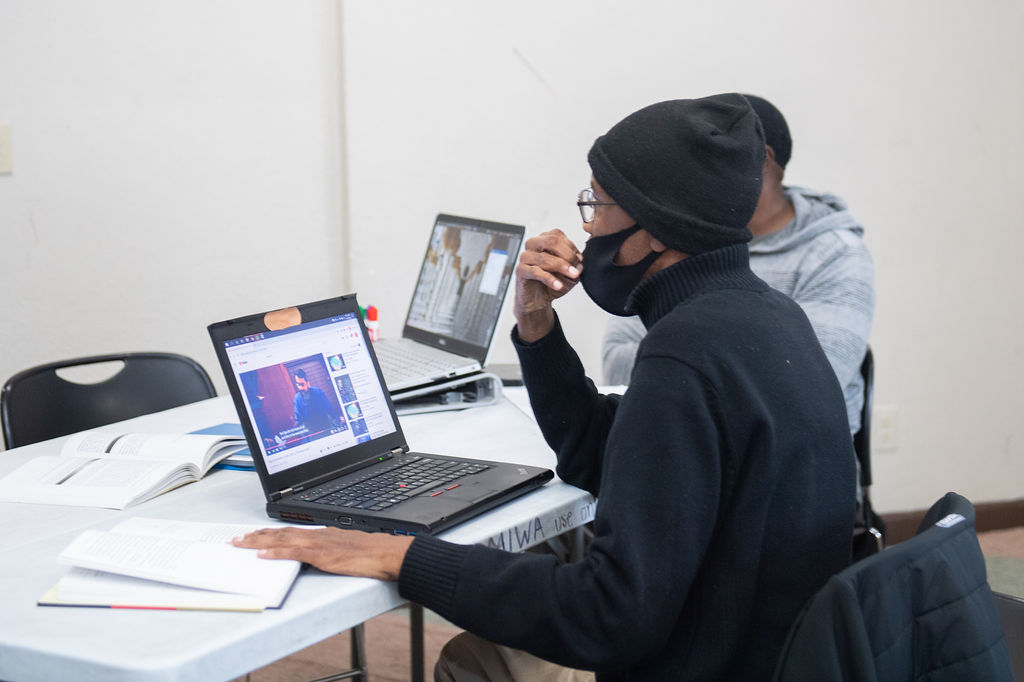
“We have a group of brothers and sisters who visit most of the prisoners pretty much weekly,” at a range of institutions including Taycheedah, a women’s prison, Racine Correctional Facility, the Milwaukee’s House of Corrections, “all these places,” Perry said. “We may do a jumah, followed by a nice discussion. Sometimes it’s a lecture, depending on the needs of the specific population.” At long-term facilities like Waupun, the men, who have had ample time for reading and reflection, are often “very knowledgeable about Islam,” Perry said. Short-timers at the House of Correction are typically “just curious,” he said.
“We talk not only about Islam but what they can do in their current situation,” Brother Will said. “We try to counsel them to have a good relationship with their families, stay in contact, write, don’t just disappear from their lives. They are husbands, parents, and they can still play that part.”
The relationship that starts in the institution, continues when the men are released. “We tell them, on that first day, come to the Dawah Center, we can get you launched,” Perry said. At this time of year, some newly paroled men are released by DOC without warm clothes. “We have a huge clothing program. We suit them up. They usually need a bus pass . . . They have a whole range of needs. So we encourage them to have the Dawah Center as their first stop,” Perry said, adding, “Discharge is really critical. A lot of times they have no plan.”
And for those men “who have no place to go, we have Ibrahim House,” Perry said.
Ibrahim House was born in 2018, when the apartment building near Dawah Center went into foreclosure. “We had to raise $123,000 in 2 to 3 weeks,” Perry said. Isa Sadlon, a Dawah Center board member, was instrumental in raising the money from what he described as a small group of ten donors. One donor alone gave $40,000, according to Brother Will.
Sadlon, who is the former executive director of MAM, said Ibrahim House is relatively inexpensive to run. “All we do is provide the space, and [residents] pay rent if they have a job.” For those who can afford it, the rent is $100 a week, Sadlon said. “If they don’t have a job, there’s no charge.” And of course, the Dawah Center food pantry provides ample provisions.
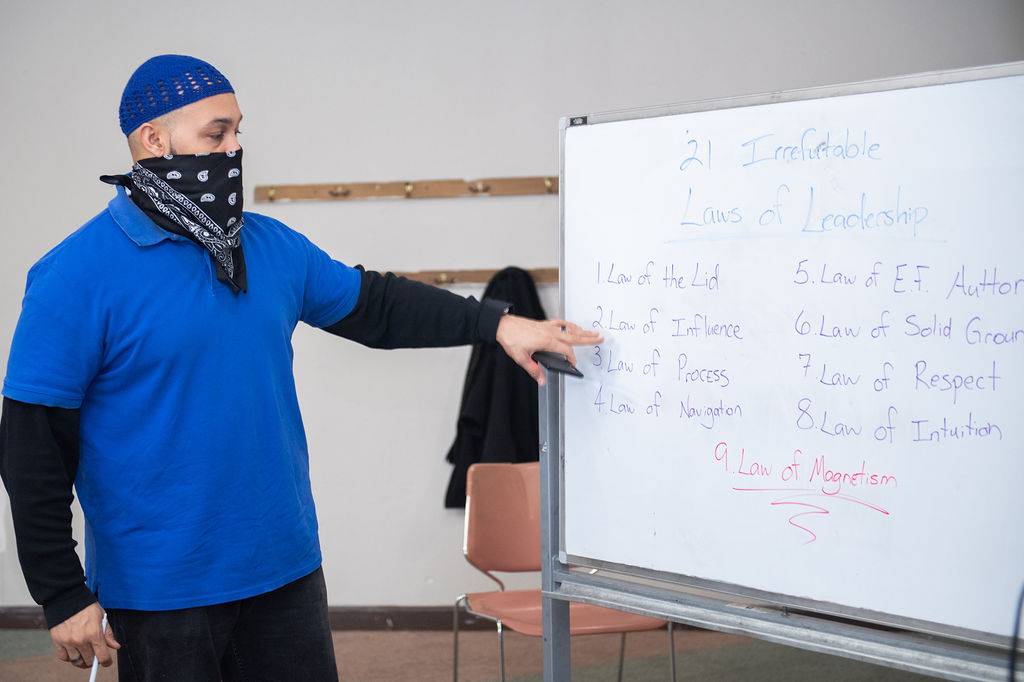
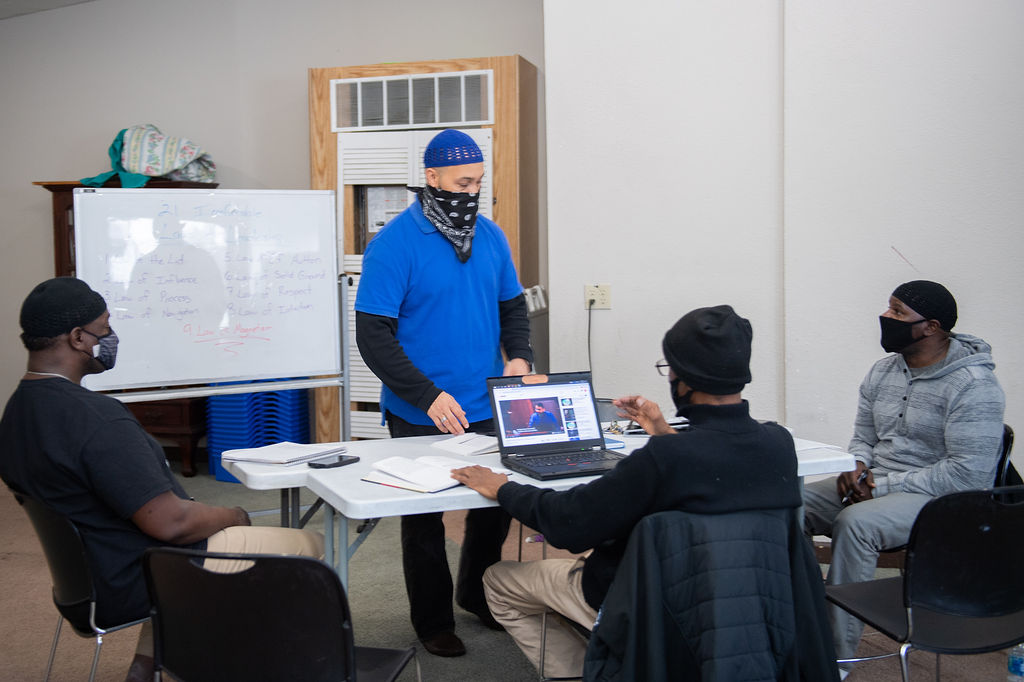
However, while the program is generous, it also provides structure. The men “sign a contract at the masjid, to attend prayers and attend the program conducted by the Imam and Brother Nazir,” Sadlon said. The men are also required to volunteer at Dawah Center. And of course, there are house rules against obvious parole violations like drug use and possession of weapons. “They agree if they break any of those rules, they are subject to immediate discharge,” Sadlon said.
But the most important requirement is that “you have to be Muslim to come to Ibrahim House,” said program manager Nazir Al-Mujaahid. Muslims on parole who had been released into other residential programs, including the Salvation Army and God’s Touch on Milwaukee’s south side, had complained of being forced to attend Christian services. Attending prayers at Masjid Ar- Rahman is key to the Dawah Center’s reentry program.
The reentry program has two components, according to Al-Mujaahid: leadership and Islamic learning. The leadership portion teaches the men about “financial intelligence, employment, child support . . .becoming a man of value,” Al-Mujaahid said. “Islamic learning is grounded in your spiritual foundation,” he said. “Your morals determine your long-term success more than anything else.”
And the program teaches the men “different ways to handle stress,” modeled by “people who have been around the challenges so you don’t resort to picking up a drink or a weapon,” Al-Mujaahid said.
Currently, four men are in residence at Ibrahim House, though there is space for more. Each of the four apartments has two bedrooms, each one set up for two men.
Jabir, 55, has lived at Ibrahim House for 11 months after being incarcerated for 36 years, mostly at Fox Lake and Racine Correctional Facilities, he said. Jabir described Dawah Center’s reentry program as “a learning experience like none other. . . The brotherhood is strong.” Jabir, who converted to Islam in 1988, learned about the program from Muslim volunteers who came to the prison.
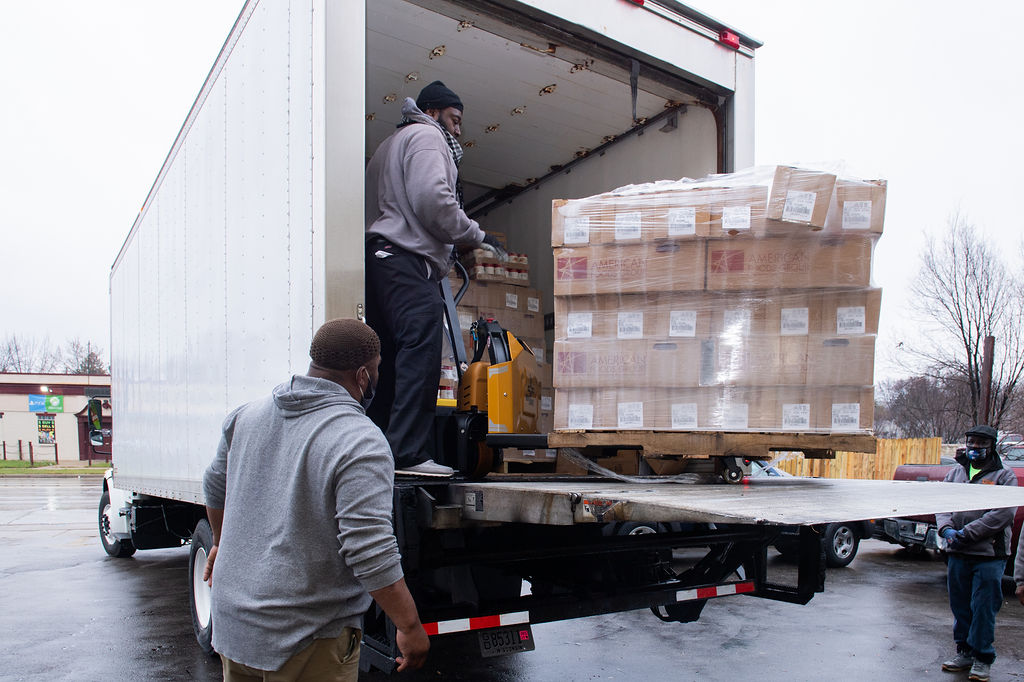
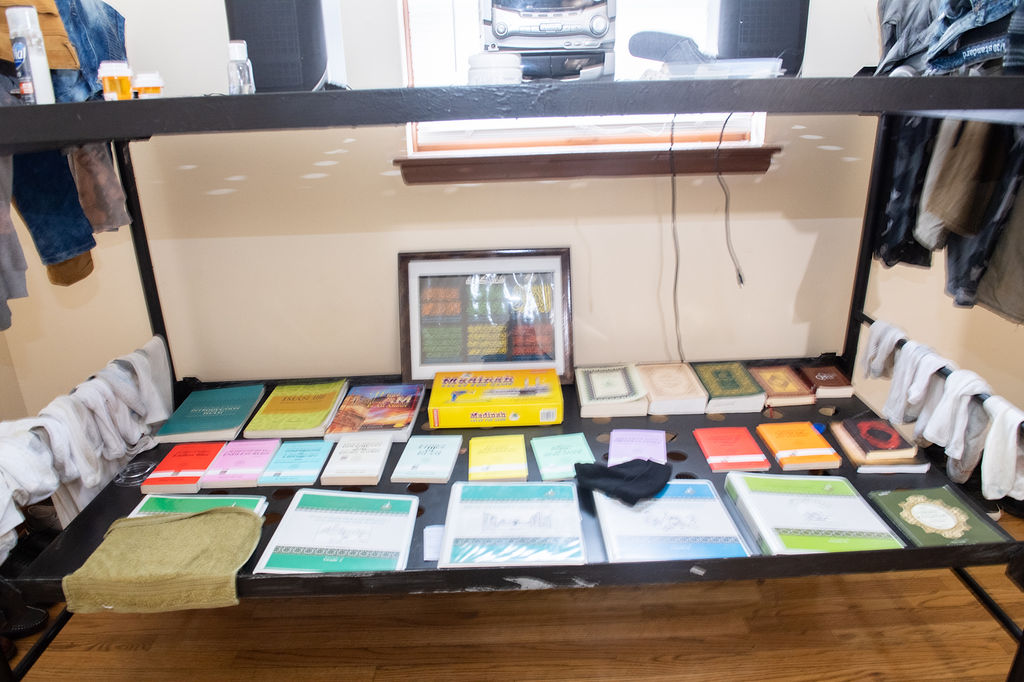
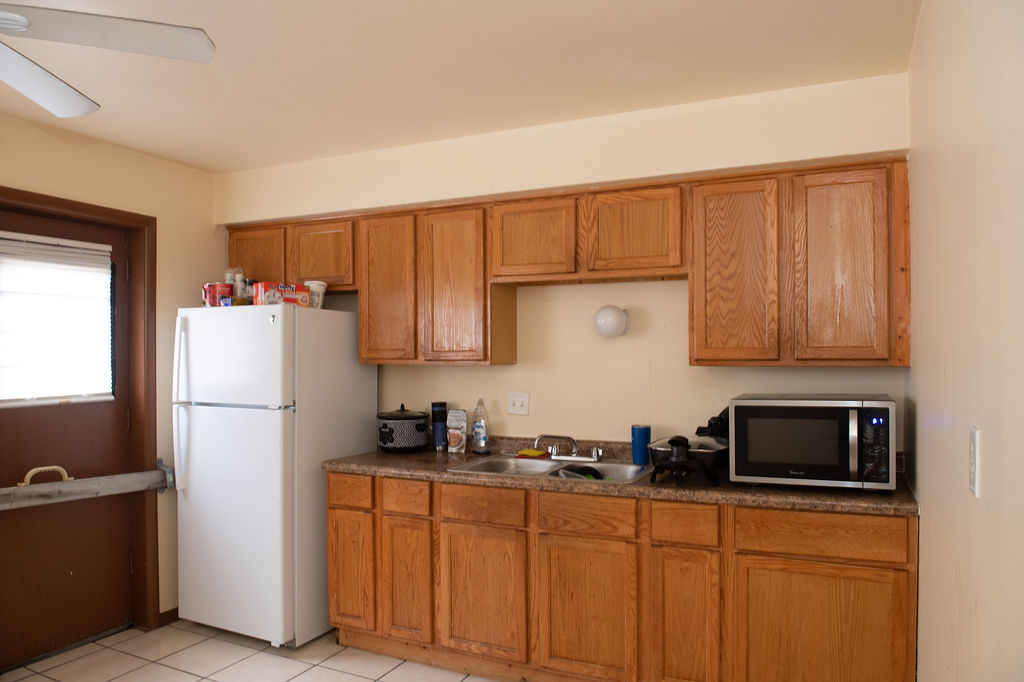
Since moving into Ibrahim House, Jabir has learned to drive and earned his license. He has a job and recently bought his first car. “We spend countless hours learning and trying to attain different goals,” Jabir said. “All of this is incorporated into a leadership plan. We learn together.”
Another resident, Omar, 29, who came to Ibrahim House after a relatively short stay at the House of Correction, came from a Muslim family but had never practiced his religion. “Ibrahim House will change your life if you want it to change,” Omar said. “Nazir is a great mentor, a great friend, and a great brother. [Ibrahim House] will provide greatness if you really work the program.”
A key element of that program is the Islamic learning and prayer led by Imam Yaseen Domineck. “The environment of prisons and jails is not the safest,” Imam Domineck said, “and Muslims do come together and trust one another and bond inside. To have that continuation when they are released is huge from them.”
Those who accepted Islam while in prison, said Imam Domineck, often return “to families that are not Muslim, and sometimes they’re not receptive. And even those family members that may accept them, it’s not that same camaraderie. Now you pray differently, you have different eating habits, so you want to be around people that you can relate to.”
When men become participants in the Dawah Center’s reentry program, “Now at least they can say, ‘Okay, I’m not alone,’” Imam Domineck said. “They have that network of brothers supporting them, trying to traverse this journey with them.”
